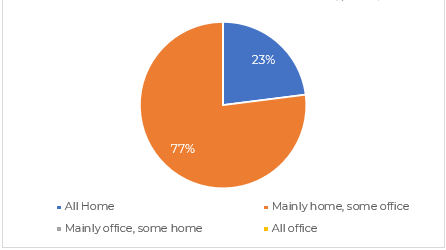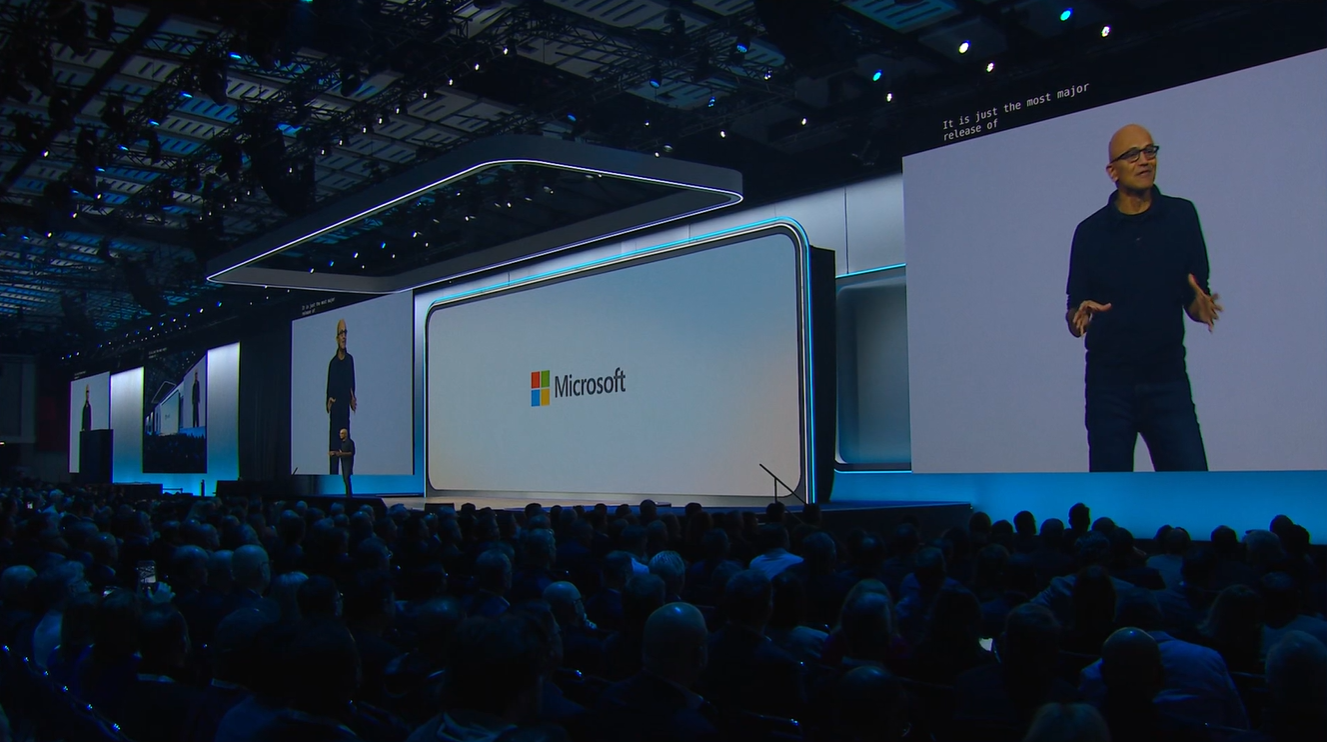Working remotely and what the future holds for the office seems to be the main topic on everyone’s mind at the moment, which is understandable as England now has a plan out of lockdown, the end being all social distancing gone…I’ve almost forgotten what life was like before standing 2 metres apart! Along with no social distancing, there is also a plan to end the mandate to work from home, so what is the future of the office? Are new virus variants pushing back the grand “return to the office” that the government are telling us will happen?
There is such a mixed bag; plenty of people I know are excited to get back to the office a few days a week but then others don’t have any desire to return even one day a week. We’ve heard offices are closing permanently, Twitter and Spotify, and others who are returning back to 5-days a week, Goldman Sachs. These contradicting opinions from the larger companies, like the ones above, are the catalyst for this discussion, so what influence should employees have on the future of working?
In March we saw the one-year anniversary of lockdown and working from home, with most people still WFH. This new way of working seems to be more flexible and many people feel they are more productive so it’s not surprising that they don’t want to spend their days having to commute or travel for business again. However, in March Rishi Sunak was saying people may quit if forced to work from home and he even went on to say they would consider leaving for a rival?! We think it is crazy that he would encourage that, after many businesses publicly promoted the benefits of WFH and implementing it. A hybrid strategy could be the future of working and the future of the office.
Since lockdown restrictions have started to be lifted, we have had conversations internally every week about returning to the office and we would disagree with Rishi’s statement. Upon asking everyone at Foundation IT about their experiences from working from home, unsurprisingly 77% said they have enjoyed working from home, the other 33% were “mostly” or “yes and no”. Followed by these 3 top benefits:
- Flexibility
- Time saving
- Better work/life balance
They mentioned that without having to commute they have less stress, more free time to socialise with family and exercise; feeling like they’re benefiting their long-term health which was great to hear. Understandably, it isn’t always sunshine and rainbows and I think a lot of people have experienced one of these main 3 drawbacks that FIT mentioned:
- Distractions
- Not socialising as much with colleagues
- Finding it hard to switch off
The distractions, it was mentioned family noise/children, dogs or washing machines etc but also a distraction of not having a dedicated room to separately work in. Even with the drawbacks that were mentioned, 100% of the respondents said the benefits outweighed the drawbacks. Coming back to Rishi’s comment about employees quitting if forced to work from home, for our company and I’m sure many more especially in the tech world, it would be harder to attract/retain employees without remote working. This is seen as a common topic in many online IT articles. So again, what does that mean for the office? Well for us, 0% of our employees said they’ll work “all office” or “mainly office, some home” in the future, as seen in the pie chart below. The office is planned to be used occasionally and the main reasons for that is to see colleagues/interact with others and have a change of scenery.

However, that is why this topic is so publicised…different people want different things and whilst it is hard to conclude that everyone wants the same thing; the pandemic is and has been a catalyst for changing the way we work, in some instances, forever. Plus, there are a bunch of opportunities that present themselves with a more flexible approach; there is potentially a wider talent pool to choose from, increased productivity and motivation, reduced business overheads.
The main takeaway from this should be, that businesses will need to support both options by providing an office space for employees to enjoy the things we like about the office, but they should also equip staff with the correct technology to work from home. Having a platform, like Windows Virtual Desktop, will enable people to have secure access to corporate tools.. It shouldn’t stop there, making sure set-ups at home meet office standards with correct furniture, headsets and cameras will really benefit productivity and happiness. The future of the office will be different for each business but focusing on the user experience and employee well-being should be top priority as their happiness is what will dictate the company performance. If they are not met, they will indeed eventually leave.

About the Author: Lizzie Arcari
Lizzie joined Foundation IT in 2019 after graduating from University. She is excited to develop her career in the IT industry, learning from the best.



